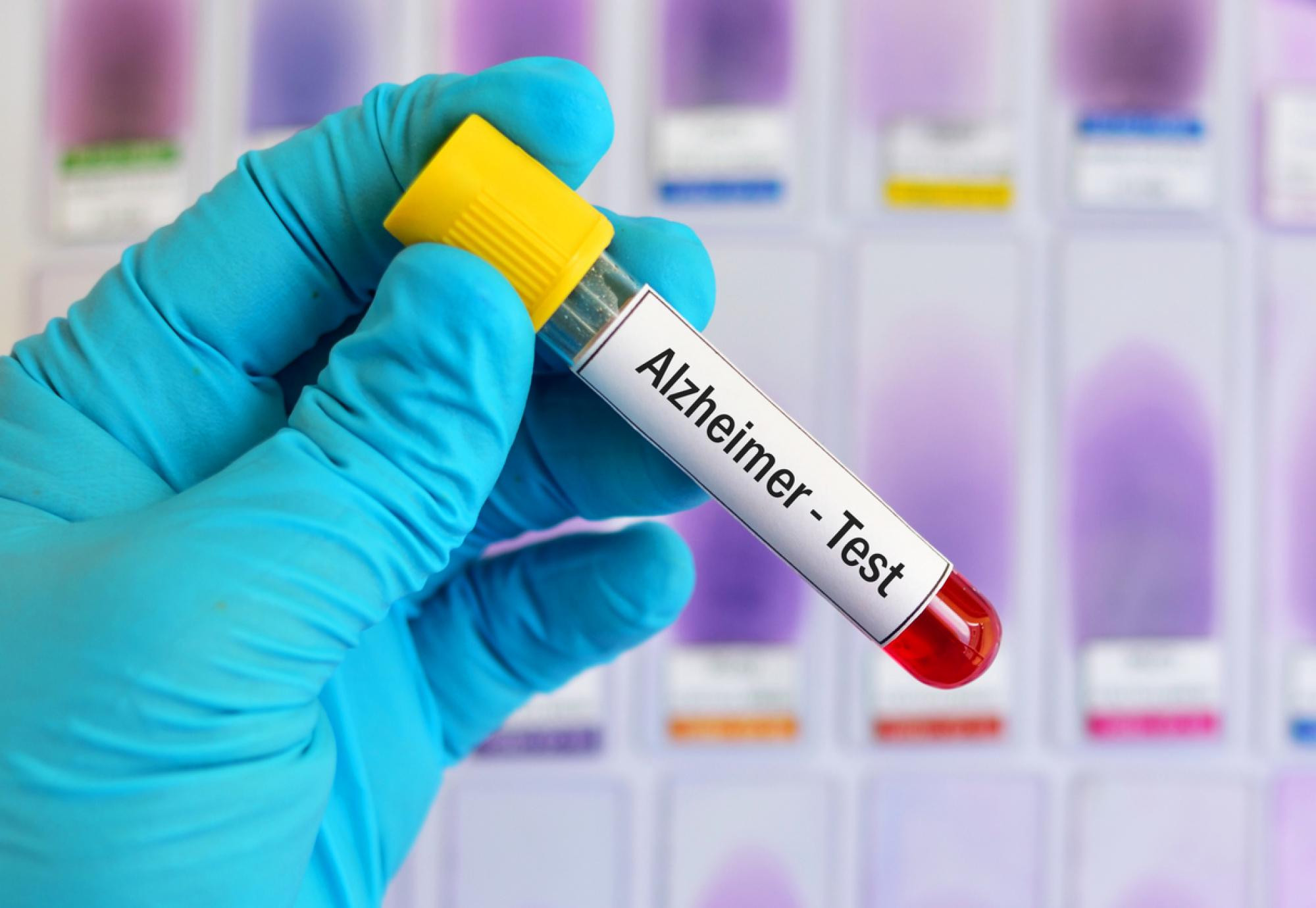UK researchers are set to spearhead clinical trials of blood tests that could revolutionise dementia diagnosis for the NHS.
Research teams from University College London (UCL) and the University of Oxford are looking to generate the necessary evidence so dementia blood tests can be validated for NHS use in the next five years.
The READ-OUT team will be led by the University of Oxford’s Dr Vanessa Raymont and Dr Ivan Koychev, as well as Professor James Rowe from the University of Cambridge.
The team will evaluate both existing and new blood tests for various different types of dementia, including Alzheimer’s disease, vascular dementia, frontotemporal dementia, and dementia with Lewy bodies.
They will also establish whether the blood tests can detect the diseases at different stages.
“…early and accurate diagnosis is also going to be vital…”
The ADAPT team will be led by UCL’s Professor Jonathan Schott and Dr Ashvini Keshavan, who will focus on the most promising biomarker for Alzheimer's disease – p-tau217.
They will analyse whether measuring this biomarker in the blood increases the rate at which Alzheimer's disease is diagnosed. This will be on both people with early dementia and memory problems.
For both research teams, participants will be recruited from across the country and findings will be applicable to the entire UK population.
“Dementia is the UK’s biggest killer, yet a third of people living with dementia don’t have a diagnosis, which means they’re not able to access care and support,” said the Alzheimer’s Society’s research and influencing director, Fiona Carragher.
“This would pave the way for fair and equitable access…”
She added: “An early and accurate diagnosis is also going to be vital in the future for identifying people who are most likely to benefit from new treatments, which are now within reach.”
The two research teams make up the Blood Biomarker Challenge, which has received support from:
- Alzheimer’s Society
- Alzheimer’s Research UK
- National Institute for Health and Care Research
- Gates Ventures
- People’s Postcode Lottery
Chief medical officer at Alzheimer’s Research UK and professor of neurology at UCL, Prof Schott, said: “If, as we hope, new treatments that can slow down Alzheimer’s disease become available soon, then this will be vital.
“This would pave the way for fair and equitable access to new and potentially life-changing treatments to all who might benefit.”
For more information on the latest innovations coming from clinical trials and the UK research sector, register for National Health Executive’s Life Sciences online conference.
Image credit: iStock



















